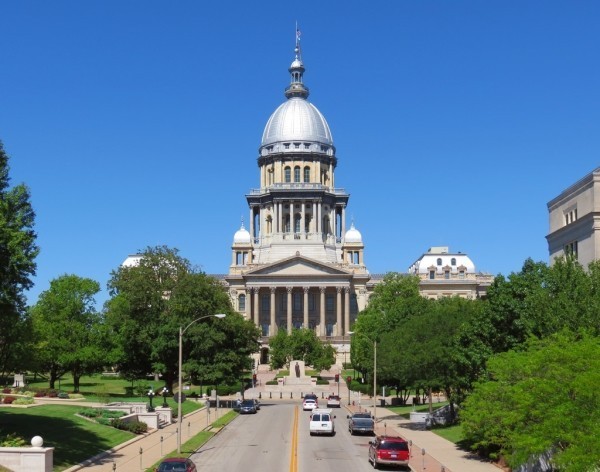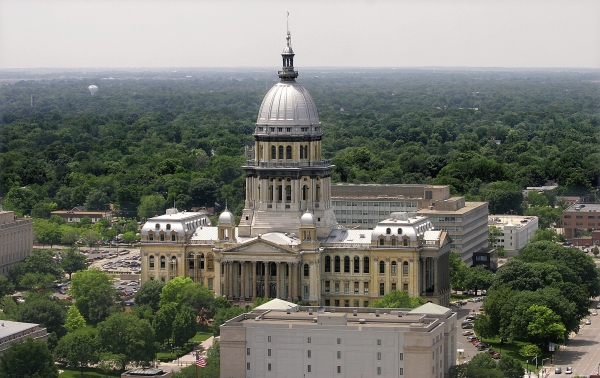By Brett Rowland and Greg Bishop | Illinois News Network

Chicago, IL-(ENEWSPF)- The Illinois Senate approved a bill that would raise the state’s minimum wage to $15 an hour by 2025, putting Gov. J.B. Pritzker a step closer to delivering on a key campaign promise over the objections of business groups concerned that higher wages will lead to job cuts and price hikes.
The Senate voted 39 to 18 Thursday to pass state Sen. Kimberly Lightford’s Senate Bill 1. It now heads to the House.
Lawmakers fast-tracked the bill to get it on Pritzker’s desk before his Feb. 20 budget address. Republicans opposed the measure. They said it would hurt businesses, schools, nonprofits and young workers looking to gain experience.
Shortly after the vote, Pritzker lauded its passage in the Senate, calling it a “major victory” for working families in Illinois.
Business groups had asked for a regional plan that would have taken into account the higher cost of living in Chicago and the surrounding suburbs. Some states, such as New York, have a higher minimum wage in urban areas and a lower one for the rest of the state.
“We are disappointed the Senate did not take the time to address ways to lessen the impact of an unprecedented wage hike, particularly on suburban and downstate employers,” said Rob Karr, president and CEO of the Illinois Retail Merchants Association. “We will continue to seek a compromise in the House, and we urge legislators to not rush this issue as they consider the implications this will have on employers and employees in their communities.”
Lightford said lawmakers had considered a regional plan, but couldn’t justify it.
“We did talk about regionalization during our debates,” she said. “We were trying to figure out how to best get to a minimum wage that we could actually live on. Regionalization wasn’t an area that could just be figured on how you could keep wages lower.”
Lightford said she couldn’t justify to a worker in Danville that they deserved a lower wage than what’s paid in Chicago, or Champaign or Bloomington-Normal.
The bill includes tax credits for businesses with fewer than 50 employees to help offset the higher wages.
Republicans had also raised concerns about the costs of higher wages for state government, schools, universities and health care providers that serve Medicaid patients. Taxpayers who fund these public employees would be on the hook for the increase.
Lawmakers in the House are expected to take up the minimum wage issue within a week or two.
Editor’s Note
For those of you of a more conservative bent, this is from the Illinois News Network. I will publish their stories selectively. Today they were the first to reach my inbox with this news. My goal is to refrain from publishing any stories in the future that are clearly partisan propaganda, attempting to masquerade as news, whether they be from the left, the right, or the center. We’ve done that in the past, and I’m done with that. From an editorial perspective, we will make it clear when a “news” story is also commentary, or slanted, toward any political leaning. The INN got today’s scoop on the minimum wage, and this story appears to be news, not propaganda. — Gary Kopycinski, Editor & Publisher









